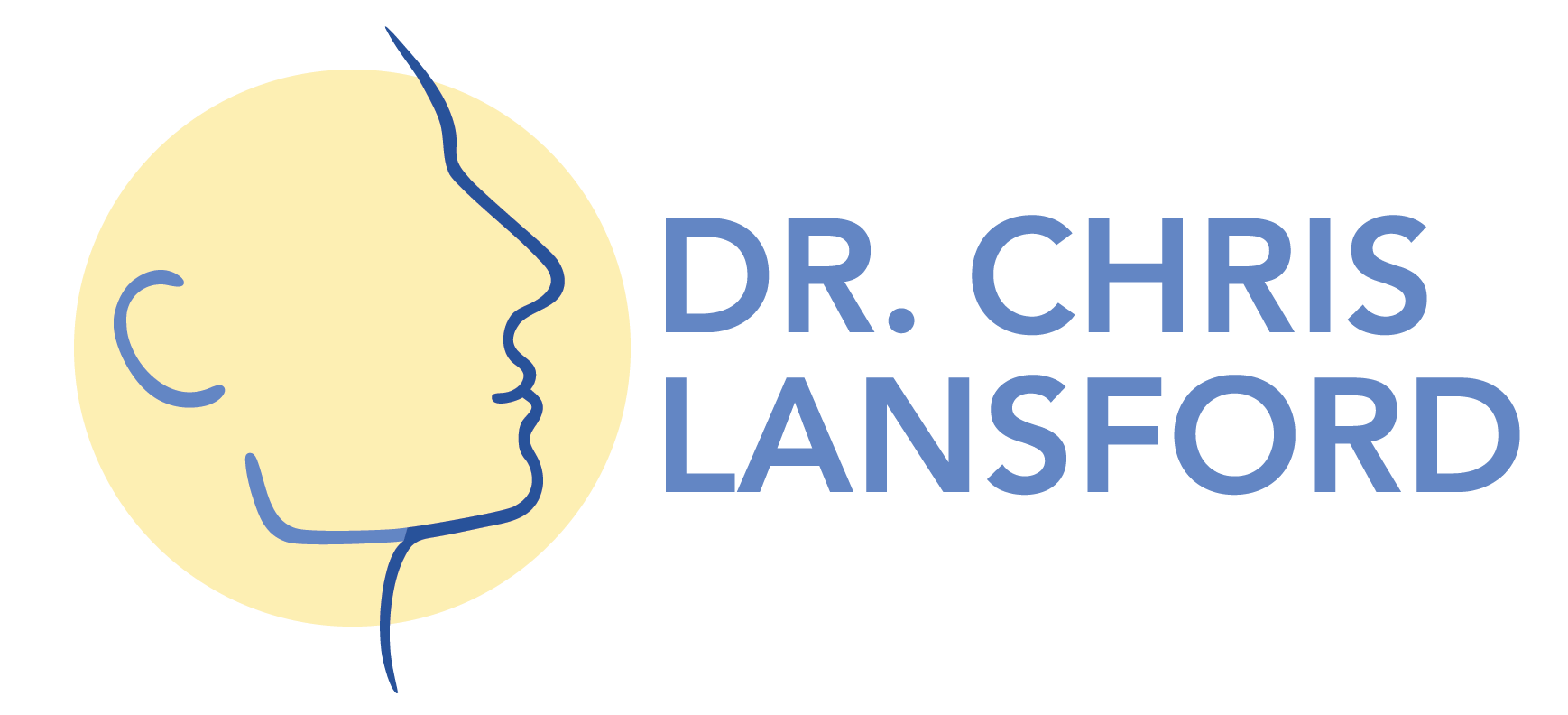Diagnostics: CT scan
A CT scan, also known as a computed tomography scan, is a non-invasive medical imaging procedure that provides detailed cross-sectional images of the body. Using a combination of X-rays and computer technology, a CT scan produces highly detailed images of bones, organs, and tissues. It allows doctors to visualize internal structures and diagnose various medical conditions, such as fractures, tumors, infections, and internal bleeding. During the procedure, the patient lies on a table that moves slowly through a large doughnut-shaped machine, while X-ray beams rotate around the body to capture multiple images from different angles. The scanner is fairly wide open and not a long tube, so claustrophobia is rarely a problem with CT scans. These images are then reconstructed by a computer, creating a comprehensive view for the medical team to analyze and make informed diagnoses.
A CT scan may be performed with iodine-containing contrast material, which is given by I.V. immediately before the scan is obtained. This is useful for obtaining images that more clearly show a particular structure or problem and is usually included in a neck CT scan. People with poor kidney function or an allergy to iodine contrast may need to take certain precautions prior to an iodine contrast-enhanced scan or to avoid use of contrast agent altogether.
A non-contrast CT scan may provide all the information needed when looking for a sinus infection or fractures of facial bones, so contrast is not used in these situations.
CT scanning uses x-rays, which is a form of ionizing radiation, which have a low risk of causing genetic mutations and potentially causing cancer. While ionizing radiation from our environment is a constant and unavoidable process, it is prudent to minimize exposures to radiation and consider the risks and benefits of any undertaking, including CT imaging. Recent advancements in CT imaging have allowed for a decreased dose of radiation with a given scan, adhering to the principle of using a dose that is as low are reasonably possible. Except in the most rare situations, CT imaging is therefore not undertaken in pregnant women out of precaution for the fetus.
HOW TO GET THE MOST FROM YOUR APPOINTMENT
Appointment time is valuable. Below are some suggestions to make the most of your appointment. This preparation will help you and your doctor maximize efficiency and accuracy, freeing up time for questions and answers.
• Click here to prepare for your neck mass/swelling/lump appointment.
This page





